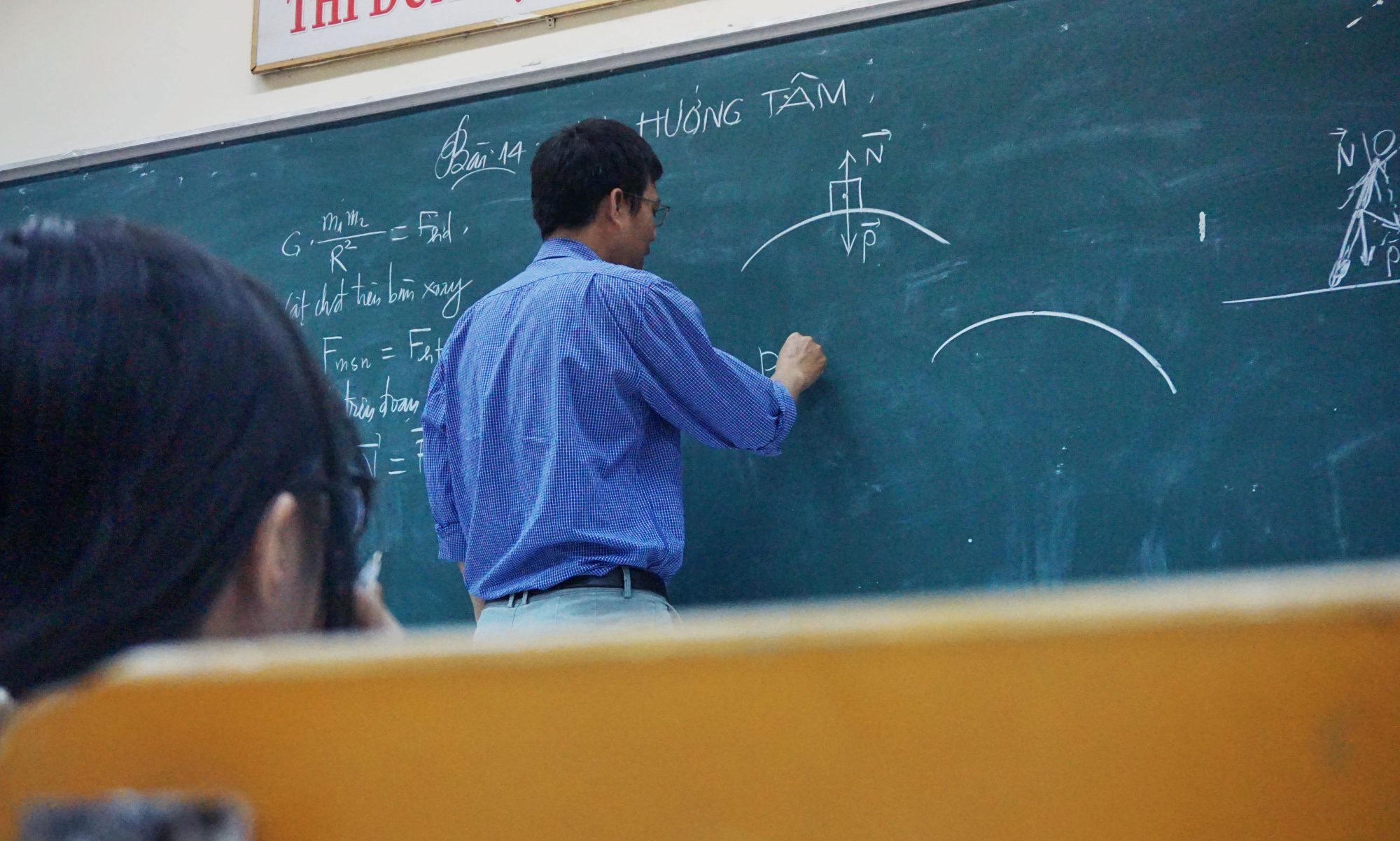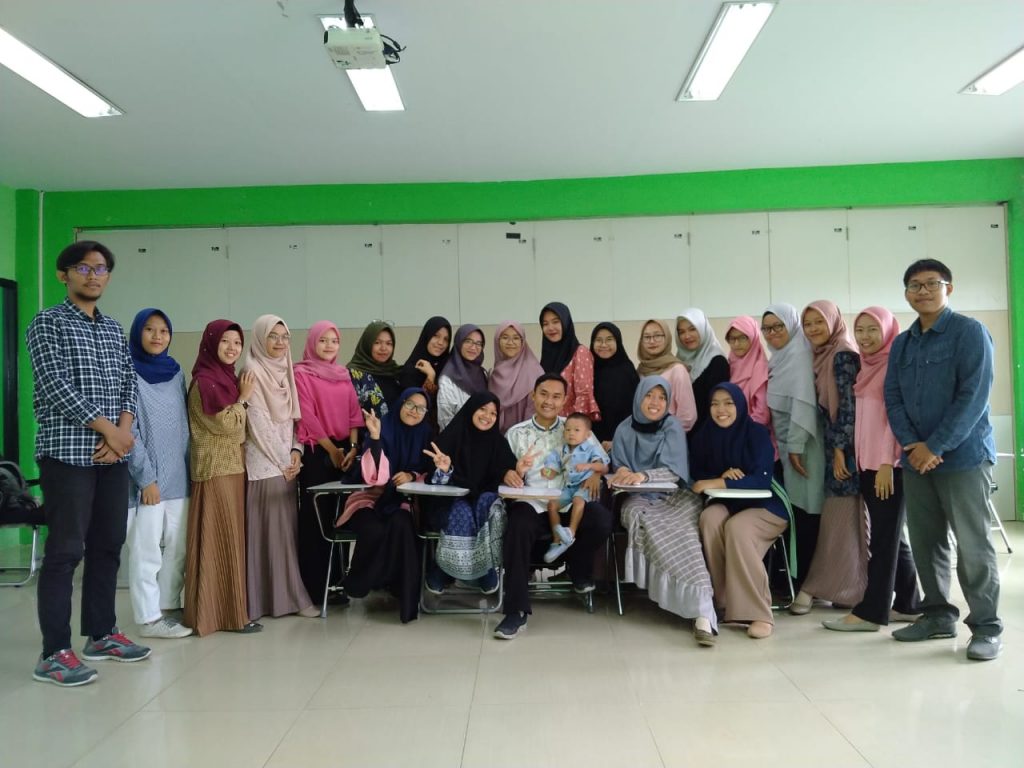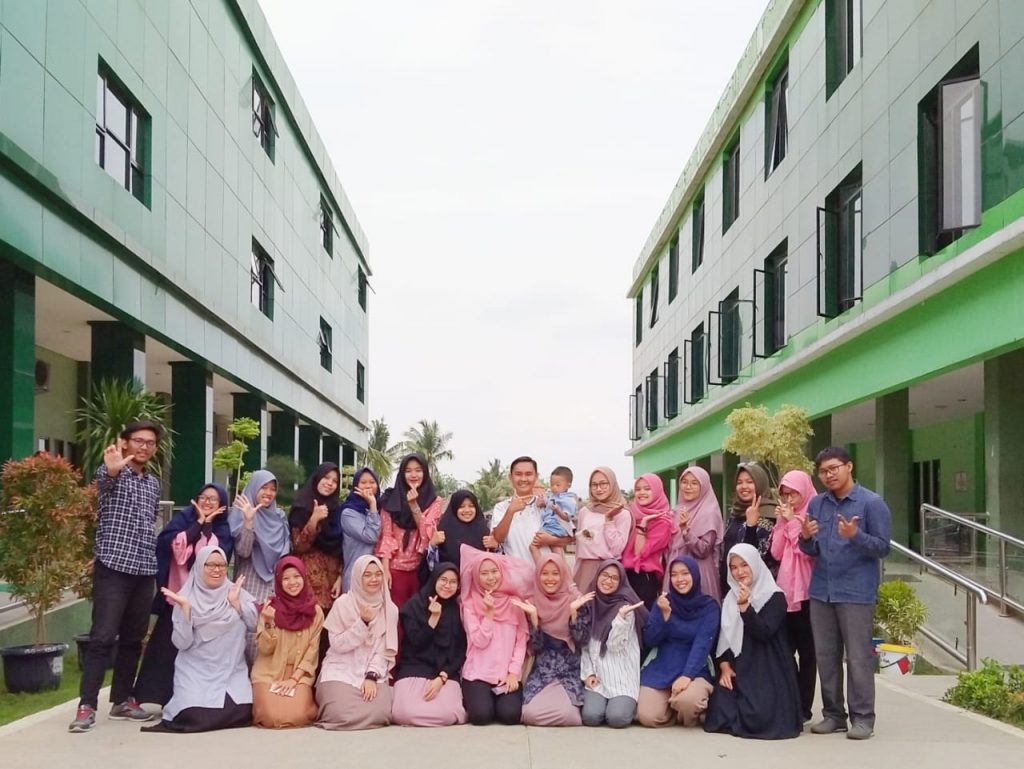These are the two words I would use to describe the implementation of the MII-STEM curriculum at Universitas Sultan Ageng Tirtayasa in Indonesia: exciting and unforgettable.
This comes not only from my observation of pre-service science teachers during implementation and their responses during and after implementation, but also reflects the support of others in the university. This includes the Rector, Vice Rector, Dean of Faculty of Teacher Training and Education, Vice Dean in Academic Affairs, Head of Department of Science Education, Head of Department of Biology Education, Head of Integrated Science Laboratory, Head of Biology Laboratory, Head of Laboratory of Microteaching, and other lecturers and staffs.
All of these people contributed to the successful implementation of the curriculum. It would not have been possible without their help. I want to particularly acknowledge Assoc. Prof. Dr. H. Aceng Hasani, M.Pd. who was Dean of Faculty of Teacher Training and Education at the time, now Vice of Rector 4 of Universitas Sultan Ageng Tirtayasa, who has always supported me from the start of the project.
I implemented the MII-STEM curriculum with the support of my research assistant, Indah Juwita Sari, M.Sc., lecturer at the Department of Biology Education and also alumni of this department. I was also assisted by three pre-service biology teachers, students of Indah Juwita Sari at the university. They helped with the observation of pre-service science teachers’ activities during implementation. So there was a team of four observers collecting data.
We taught the curriculum, a total of 15 lesson plans, in December 2019 to a group of 25 pre-service science teachers. They seemed to enjoy the lessons which they approached with real enthusiasm and curiosity. This was confirmed when I interviewed them after implementation.
The pre-service teachers saw the MII-STEM curriculum as a new teaching strategy, a view that I share, as STEM education in Indonesia is still very new. We all enjoyed being part of an international project, knowing that curriculum was developed by researchers from four countries – Scotland, Indonesia, Vietnam, and Thailand.
I would like to thank Professor Samia Khan, Ph.D. from the University of Dundee, Assoc. Prof. Dr. Nguyen Van Bien from Hanoi National University of Education, Vietnam, and Assoc. Prof. Chatree Faikhamta, Ph.D. from Kasetsart University, Thailand, who gave me this opportunity to part of this international research collaboration “Science education in Southeast Asia: Teacher Training for Quality Education in STEM”. I would also like to thank all the research assistants in this project and to Karis McLaughlin who provides communications and project support.
Finally, let’s enjoy the video we made about MII-STEM implementation in Indonesia!
R. Ahmad Zaky El Islami
Universitas Sultan Ageng Tirtayasa, Indonesia


